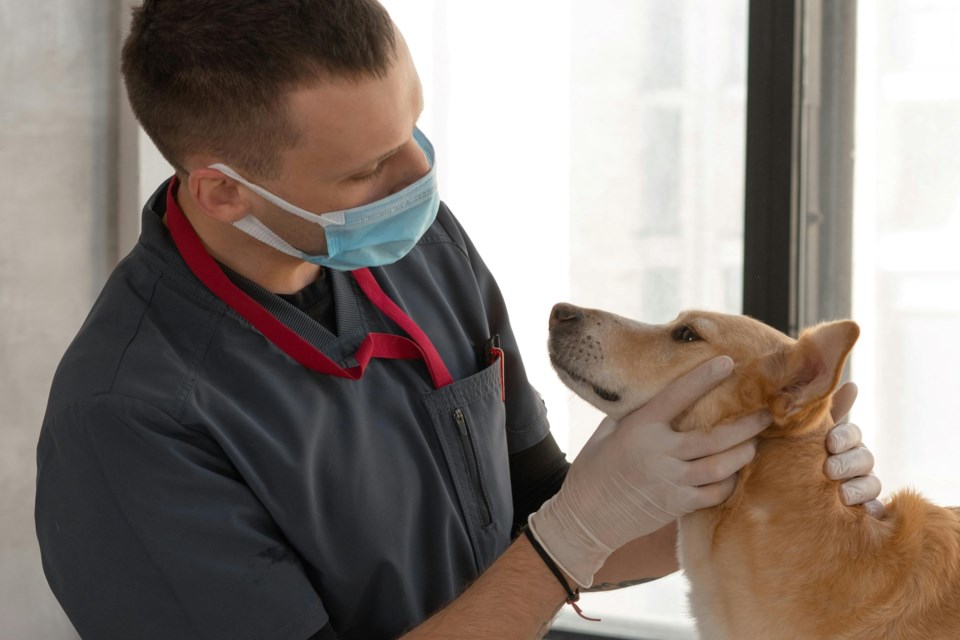When is the best time to neuter your pet?
Traditionally dogs and cats have been neutered at or before six months of age. By performing the surgery early, it significantly decreases the risk of unwanted litters and minor complication rates.
As our pets age, their blood vessels increase in size and fat gets deposited around their reproductive organs, increasing the risks. It is interesting to note that there is no significant difference in major complications of surgery when sterilizations are performed on older pets.
For female dogs and cats, spaying before the first heat cycle decreases the risk of mammary cancer by nearly 100 per cent, and the protection decreases exponentially with each heat cycle, with the incidence of mammary cancer increasing by more than 20 per cent when the surgery is performed after the second heat cycle.
This was first published in the 1980s, and has been confirmed by multiple studies.
Over the last 10 years, retroactive studies have been performed to evaluate the effect of the timing of neutering our pets has on the incidence of various illnesses. Specifically, does early neutering increase the risk of joint disease and cancers in our pets?
In cats, the answer is relatively simple. No. Actually, the studies have shown that sterilization of male or female cats before six months of age has no effect on joint disease or cancer incidence. It is actually associated with an increase in average life span.
Given that, and the overpopulation of cats, and shelters and rescues being overrun, neutering for cats is recommended around five months of age.
Dogs are a little more complicated. Several studies have been performed focusing on specific breeds, then expanding to a 35 breed study. In 2020, a study on mixed breeds divided into weight categories was also published.
Joint diseases, primarily hip dysplasia and cruciate ligament disease, are multifactorial diseases, and many of the studies have not controlled for body condition and age. They have mostly looked at purebred dogs, where genetics are also a contributing factor.
Larger dogs, whose breeds are predisposed to these diseases, may benefit from delaying neutering until growth plates close. In small and medium dogs, there is little evidence that delaying sterilization provides any benefit.
When looking at decreasing the risk of cancer, it gets even more complicated. The risk of cancers in dogs seems to greatly depend on the breed, which may indicate that genetics play a greater role than the time of sterilization.
In the one study published so far on mix-breed dogs, there was no significant difference in the development of cancers and age of neutering across all weight ranges. The one thing veterinarians can agree on is that more research is required.
While looking at reducing specific illnesses can be appealing, the overall lifespan is arguably more important to consider. We all want our pets to live forever or at least as long as possible.
In intact pets, infection and trauma are the two most common causes of death, while sterilized pets seem to succumb to immune disorders and cancer.
But, and this is a big BUT, studies agree sterilized pets on average live longer.
So if you’ve made it this far, you are probably asking yourself, I still don’t know when I should neuter my dog (cause cats made it easy on us).
I wish I had a simple answer, but it depends on the dog. And your veterinarian is the best person to talk to to make the best decision of when. If the question is if you should neuter your dog, the answer is an emphatic yes.
Dr. Courtney Andrews is a veterinarian at Lockerby Animal Hospital, a graduate of the Royal School of Veterinary Studies and dog mom to Argyll and Einstein. Animals & Pets is made possible by our Community Leaders Program.



